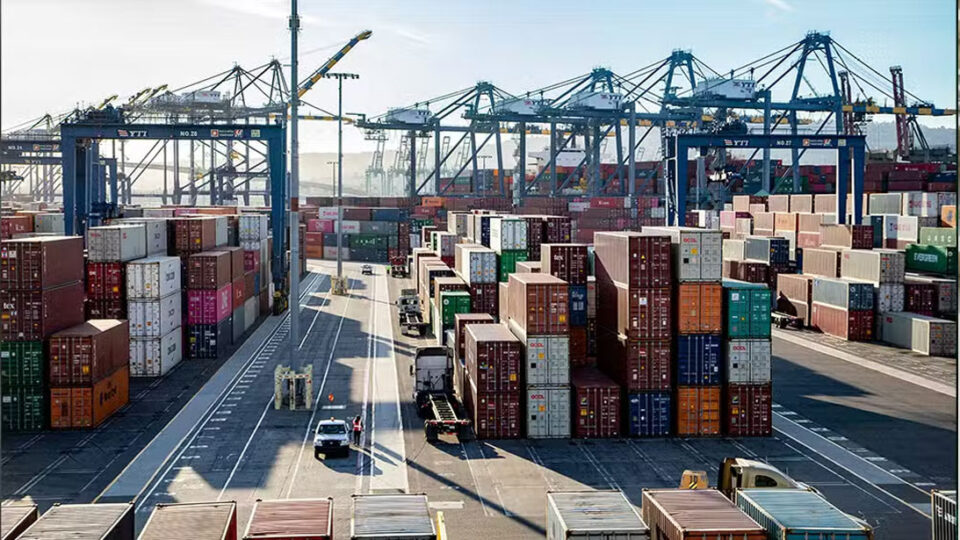Audit Reveals Billions Lost Through Customs Automation System in Pakistan
A recent audit by Pakistan’s Directorate General of Post Clearance Audit (PCA) has uncovered serious violations within the Faceless Customs Assessment (FCA) system, leading to the clearance of restricted and banned goods worth over Rs. 10.5 billion, in violation of the country’s Import Policy Order.
Massive Irregularities Uncovered in FCA Operations
The audit, covering the period from December 16, 2024, to March 15, 2025, reviewed 1,006 Goods Declarations (GDs) and found that restricted items were cleared without proper authorization, raising concerns over the effectiveness of the FCA system, which was introduced to improve transparency and reduce corruption in customs procedures.
In addition, the audit identified:
-
Rs. 5.007 billion in duty and tax evasion across 1,524 GDs
-
Rs. 2.433 billion in unrecovered fines due to failure in initiating contravention cases
-
Rs. 7.44 billion in total revenue losses related to these issues
Widespread Revenue Losses Estimated
The PCA report estimates total revenue losses of Rs. 38 billion during just the three-month audit period. Notably, only 8.8% of all customs clearances were audited, indicating that actual losses could be much higher across the system.
Key Concerns Raised
-
Non-enforcement under SRO 499(I)/2009 resulted in an additional Rs. 30.364 billion in lost fines.
-
Suspicious imports of solar panels valued at Rs. 643 million were flagged, involving unauthorized NTNs (National Tax Numbers) and user IDs, further exposing loopholes in customs monitoring.
FCA System Under Scrutiny
Launched in December 2024, the Faceless Customs Assessment system was introduced as a digital initiative aimed at improving efficiency, reducing human interference, and minimizing corruption. However, the audit reveals that the system has, in many cases, enabled large-scale policy violations and revenue evasion, calling for urgent reforms and improved oversight.
Conclusion
The audit findings underscore the need for stronger monitoring and enforcement mechanisms in Pakistan’s customs infrastructure. As digital systems become more central to governance, ensuring transparency and accountability will be key to preventing misuse and protecting public revenue.

